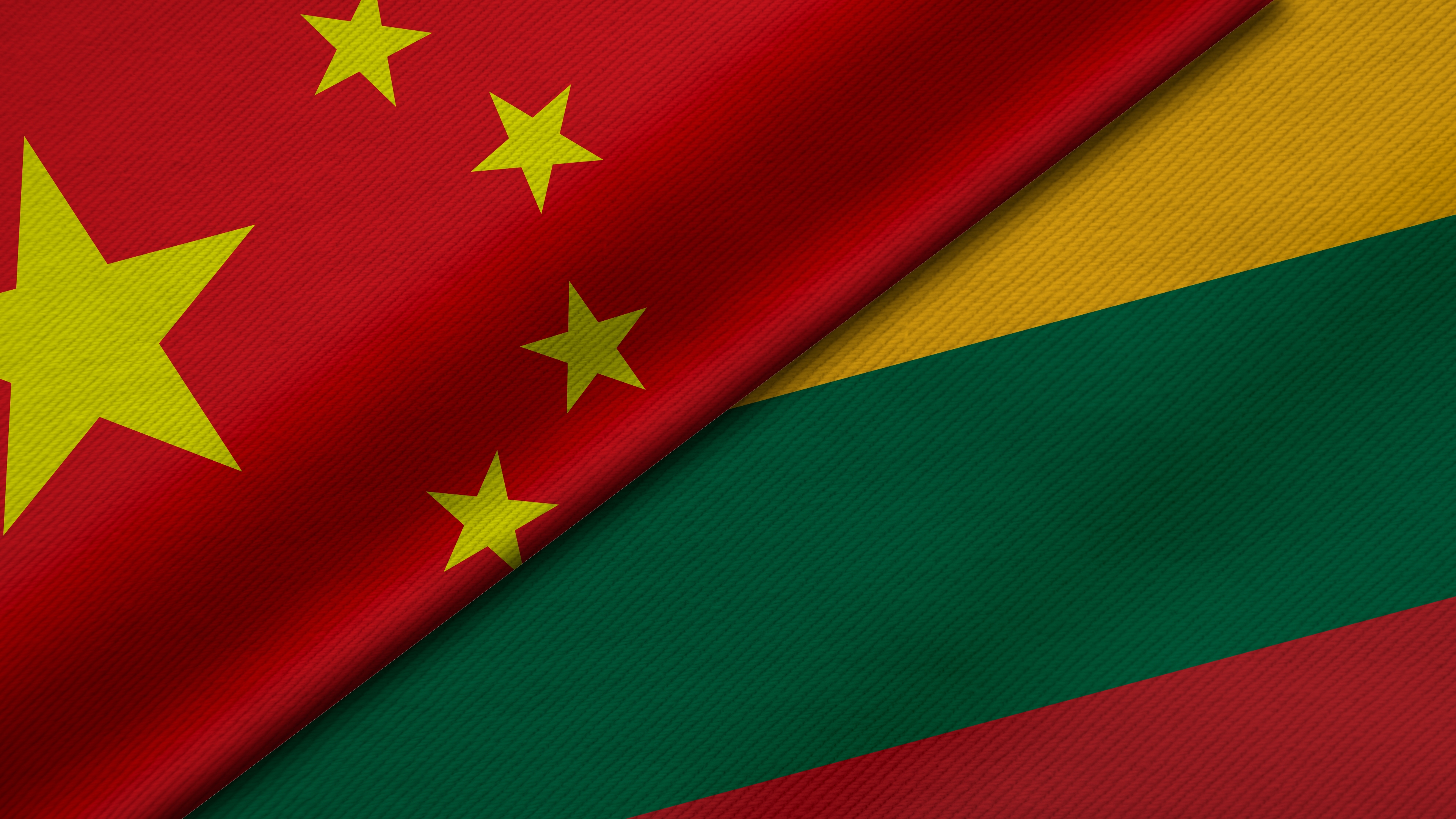The Sino-Lithuanian Crisis: Going beyond the Taiwanese Representative Office Issue

The year 2021 marked the 30th anniversary of the establishment of diplomatic relations between China and Lithuania. Instead of commemorative events and customary lofty rhetoric, the bilateral relationship rapidly plunged to a level rarely seen in either country’s foreign policies since the end of the Cold War.

Sino-Lithuanian relations remain de facto downgraded to the level of chargé d’affaires, Lithuania’s physical embassy in Beijing is empty, while the southernmost Baltic state continues to withstand China’s multidimensional campaign of diplomatic, discursive and, most importantly, economic pressure. The principal cause behind this diplomatic crisis was the opening of the Taiwanese Representative Office in the Lithuanian capital of Vilnius in mid-November 2021. This Briefing will argue, however, that there were other important reasons behind the current state of affairs that had been accumulating over the course of two years.
- The opening of the Taiwanese Representative Office in the Lithuanian capital of Vilnius in mid-November 2021 triggered an unprecedented diplomatic crisis between the People’s Republic of China and Lithuania.
- China resorted to massive economic coercion measures to pressure Vilnius, such as the freezing of bilateral trade. European multinational companies also reported that Beijing blocked their exports because of Lithuanian components in their products.
- In late January 2022, the European Union (EU) launched a case at the World Trade Organization against China over discriminatory trade practices against Lithuania.
- The current crisis must be understood in the broader context of the degradation of the relations between China and Lithuania, but also the EU, since 2019. As such, this crisis is symptomatic of the developing trend in the relationship between the EU and China.

Available in:
Regions and themes
ISBN / ISSN
Share
Download the full analysis
This page contains only a summary of our work. If you would like to have access to all the information from our research on the subject, you can download the full version in PDF format.
The Sino-Lithuanian Crisis: Going beyond the Taiwanese Representative Office Issue
Related centers and programs
Discover our other research centers and programsFind out more
Discover all our analyses
RAMSES 2024. A World to Be Remade
For its 42nd edition, RAMSES 2024 identifies three major challenges for 2024.
France and the Philippines should anchor their maritime partnership
With shared interests in promoting international law and sustainable development, France and the Philippines should strengthen their maritime cooperation in the Indo-Pacific. Through bilateral agreements, expanded joint exercises and the exchange of best practices, both nations can enhance maritime domain awareness, counter security threats and develop blue economy initiatives. This deeper collaboration would reinforce stability and environmental stewardship across the region.

The China-led AIIB, a geopolitical tool?
The establishment of the Asian Infrastructure Investment Bank (AIIB) in 2016, on a Chinese initiative, constituted an attempt to bridge the gap in infrastructure financing in Asia. However, it was also perceived in the West as a potential vehicle for China’s geostrategic agendas, fueling the suspicion that the institution might compete rather than align with existing multilateral development banks (MDBs) and impose its own standards.
Jammu and Kashmir in the Aftermath of August 2019
The abrogation of Article 370, which granted special status to the state of Jammu and Kashmir (J&K), has been on the agenda of the Bharatiya Janata Party (BJP) for many decades.





